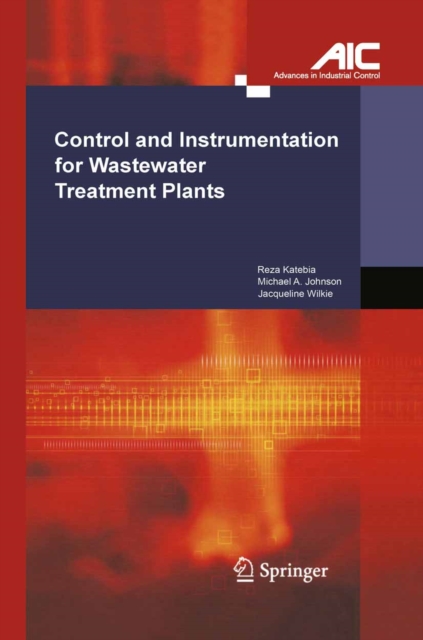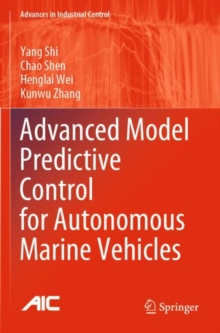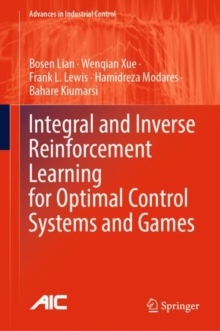
Control and Instrumentation for Wastewater Treatment Plants PDF
by Reza Katebi, Michael A Johnson, Jacqueline Wilkie
Part of the Advances in Industrial Control series
Description
The series Advances in Industrial Control aims to report and encourage technology transfer in control engineering.
The rapid development of control technology impacts all areas of the control discipline.
New theory, new controllers, actuators, sensors, new industrial processes, computer methods, new applications, new philosophies..., new challenges.
Much of this development work resides in industrial reports, feasibility study papers and the reports of advanced collaborative projects.
The series offers an opportunity for researchers to present an extended exposition of such new work in all aspects of industrial control for wider and rapid dissemination.
The environmental aspects of all of our society's activities are extremely important if the countryside; the sea and wildernesses are to be fully enjoyed by future generations.
Urban waste in all its manifestations presents a particularly difficult disposal problem, which must be tackled conscientiously to prevent long lasting damage to the environment.
Technological solutions should be seen as part of the available options.
In this monograph, the authors M. R. Katebi, M. A. Johnson and J. Wilkie seek to introduce a comprehensive technological framework to the particular measurement and control problems of wastewater processing plants.
Of course the disposal of urban sewage is a long-standing process but past solutions have used options (disposal at sea) which are no longer acceptable.
Thus to meet new effluent regulations it is necessary to develop a new technological paradigm based on process control methods, and this is what the authors attempt to provide.
Information
-
Download - Immediately Available
- Format:PDF
- Publisher:Springer London
- Publication Date:06/12/2012
- Category:
- ISBN:9781447104230
Other Formats
- Paperback / softback from £81.69
Information
-
Download - Immediately Available
- Format:PDF
- Publisher:Springer London
- Publication Date:06/12/2012
- Category:
- ISBN:9781447104230










